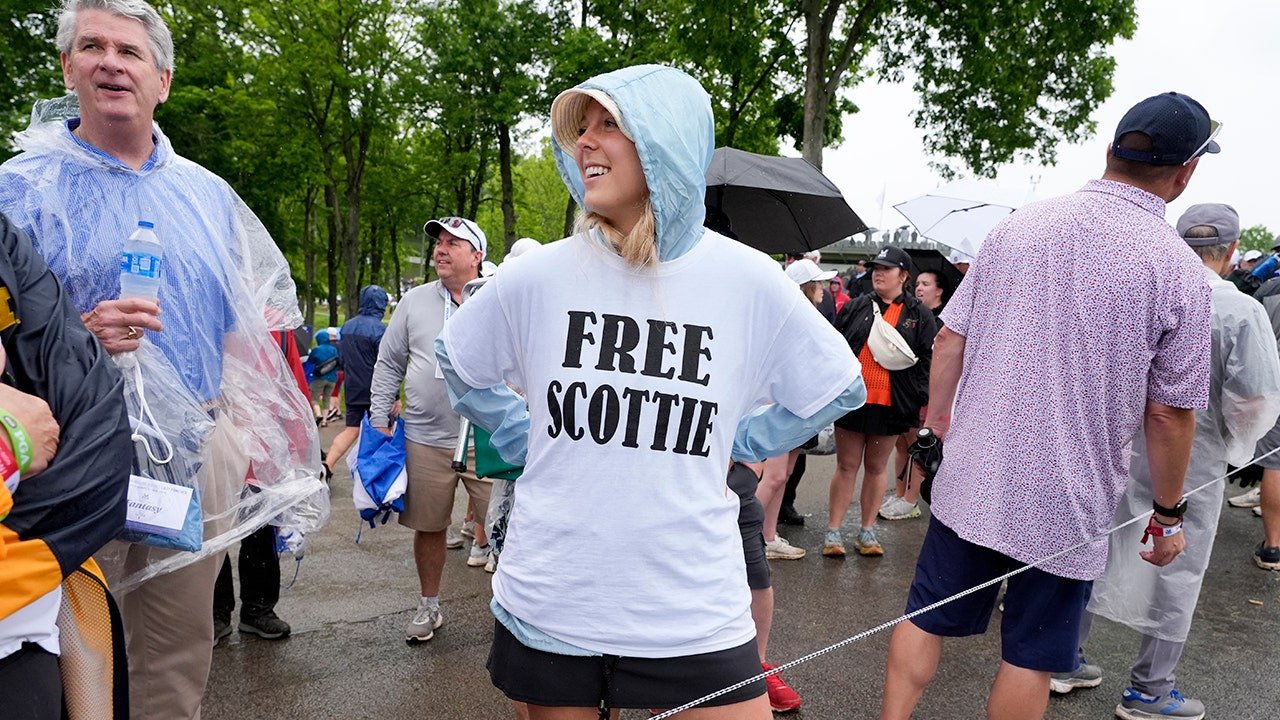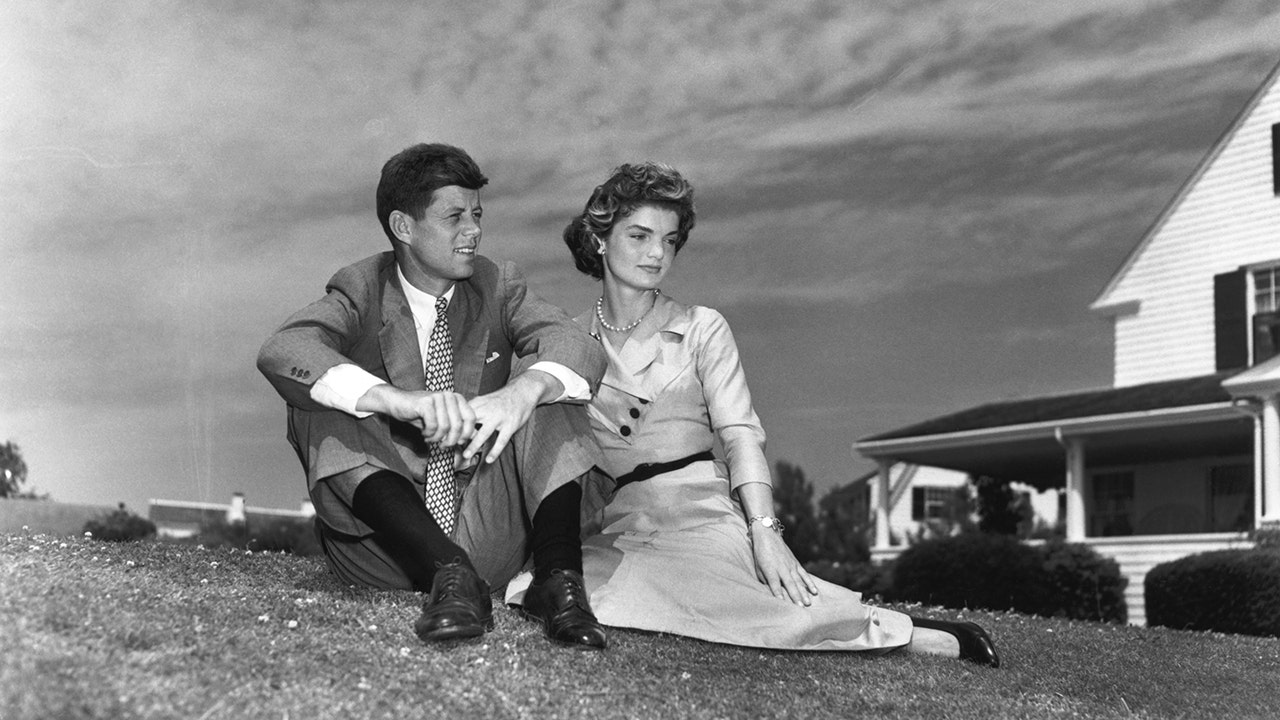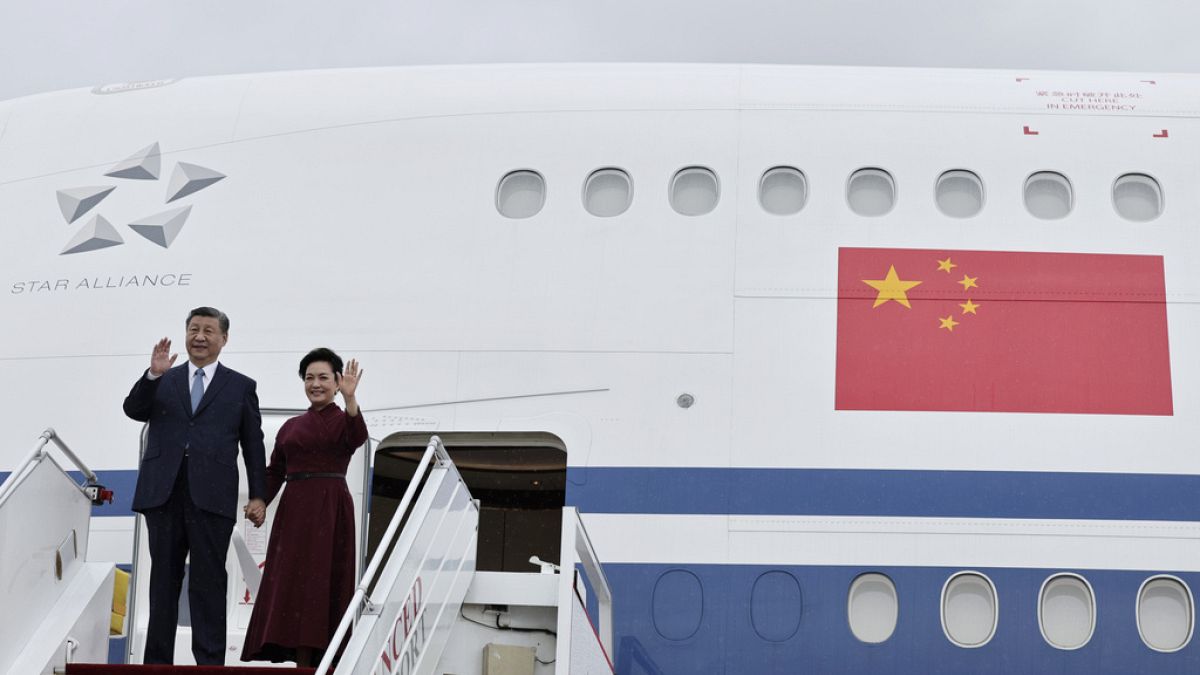Chinese president Xi Jinping kicked off a Europe trip on Sunday. Amid a time of global tensions, what issues will be on the table?
China’s leader is on a three-country tour of Europe at a time when Sino-European relations are far from perfect.
After stopping in France on Sunday and Monday as part of the 60th anniversary of the establishment of Franco-Chinese diplomatic relations, Xi Jinping will travel to Serbia and then to Hungary.
What are the economic and strategic stakes of this highly political tour?
War in Ukraine
The Chinese and French presidents will first address the issue of the war in Ukraine.
With China “one of Russia’s main partners”, the French president will try to encourage Beijing “to use the levers it has over Moscow” to “contribute to a resolution of this conflict,” according to the Élysée.
While Chinese authorities claim to be officially neutral towards the conflict and call for peace, they have never condemned the full-scale Russian invasion of Ukraine.
Trade between Russia and China in 2023 helped mitigate the impact of economic sanctions against Moscow, meanwhile.
“The main concern is obviously all the support that can be given to China in terms of dual-use technologies and that can contribute to renewing all Russian military equipment,” Elvire Fabry, senior researcher at the Jacques Delors Institute in charge of trade geopolitics, told Euronews.
Emmanuel Macron and European Commission President Ursula von der Leyen will face the challenge of sending “a clear signal” that Europe “is ready to sanction more Chinese companies for their critical support of Moscow’s war effort,” added Janka Oertel, Director of the Asia Programme of the European Council on Foreign Relations (ECFR).
Commercial policy
Debate on trade policy issues also promises to be strong.
The objective of France’s number one is to improve access for French and European companies to the Chinese market and to obtain fairer “competitive conditions” for them, the Élysée said.
“Agreements are still being negotiated,” it added.
After reaching a record €396 billion in 2022, the EU’s trade deficit with China fell by 27% in 2023 to €291 billion, according to Eurostat.
“European concerns are very much focused on the imbalance that is creating in the green technology sector,” says Elvire Fabry, senior researcher at the Jacques Delors Institute.
The European Commission has launched several investigations into Chinese subsidies to electric cars and solar panels suspected of distorting competition.
However, Macron’s two main messages on Chinese support for Russia’s military and Chinese practices suspected of distorting the market are unlikely to impact Beijing’s behaviour, expert Oertel said.
“Xi is not on a mission to repair ties, because from his point of view all is well. He argues that there are no over-capacities [of green technology] and that what happens between China and Russia is just normal trade”, she analyses.
Serbia and Hungary
The Chinese president will continue his tour in Hungary and Serbia, widely seen as being closer to Moscow.
“With these two visits to these two European capitals, Xi Jinping demonstrates that he is actively working to establish an authoritarian axis in international politics,” claims Reinhard Bütikofer, a German member of the European Parliament.
The two countries are also considered as the gateway to China’s Road and Belt Initiative in Europe.
The flagship project aims to rebuild a railway line between Budapest and Belgrade, mainly financed by China. It will transport Chinese goods from the Greek port of Piraeus onto Europe.
In Hungary, the proliferation of Chinese electric vehicle battery factories across the country demonstrates the economic ties between Budapest and Beijing.
The visit coincides with the 25th anniversary of the NATO bombing of the Chinese embassy in Belgrade in 1999.
The opportunity for Xi Jinping to “create images whose audience is not in Europe, but mainly in the global south”, such as an alleged “NATO overreach”, “US selective use of international law” or “warmongering” which would contrast with “China’s commitment to peace, dialogue and diplomacy”, analyses Janka Oertel, director of the Asia programme of the European Council on Foreign Relations (ECFR).
It will be a packed programme for Xi Jinping’s first European State visit since the COVID-19 pandemic.



